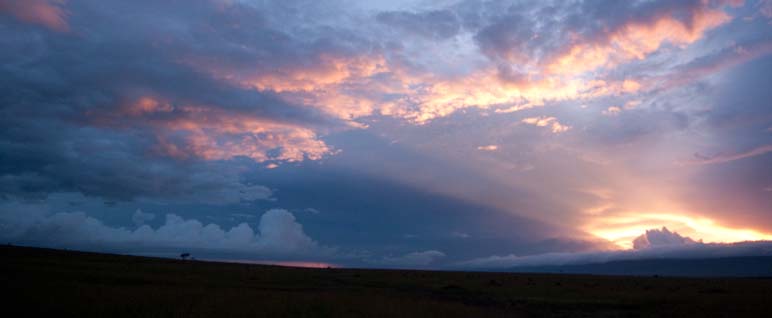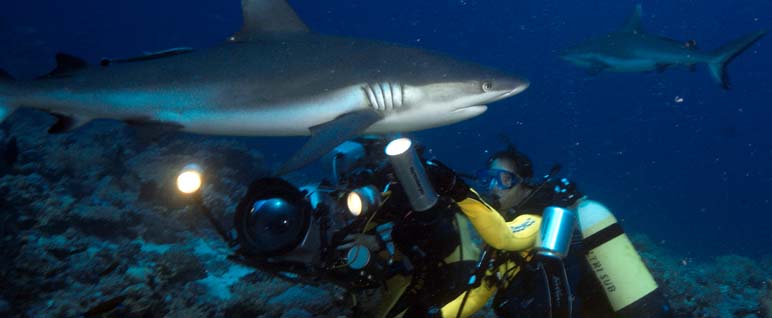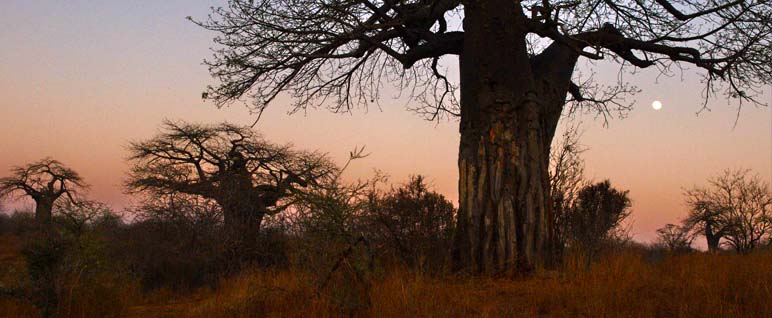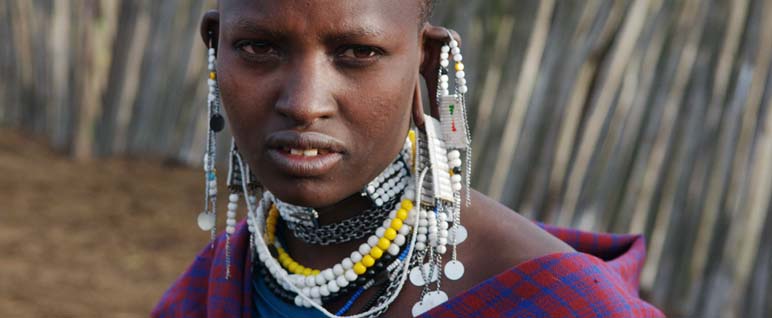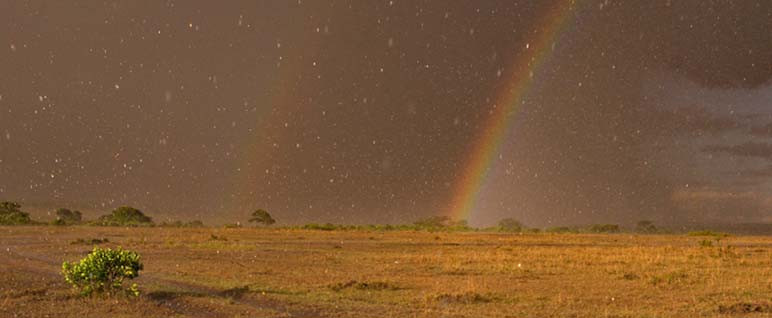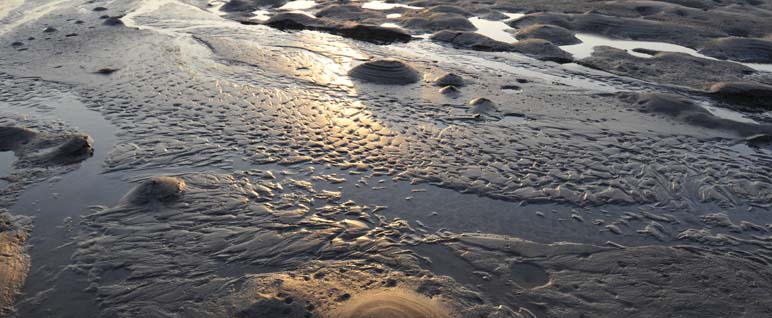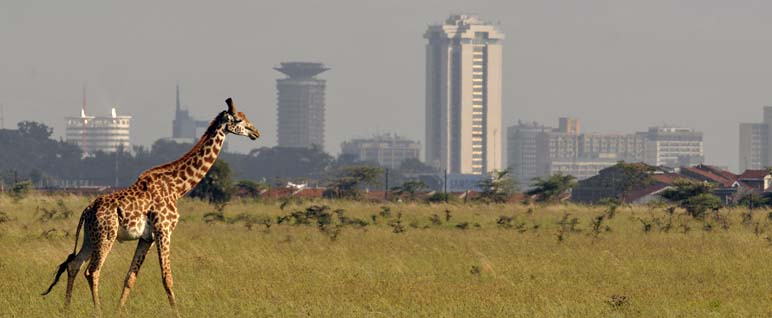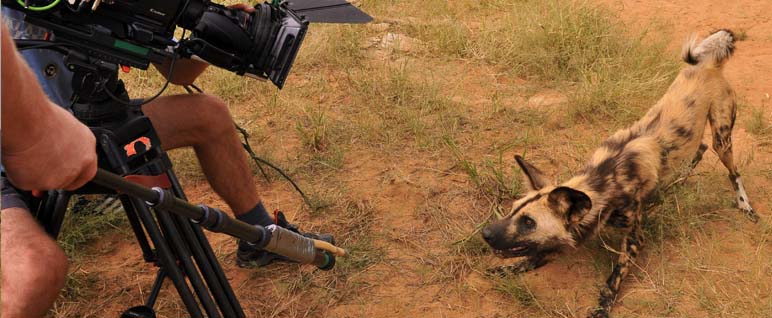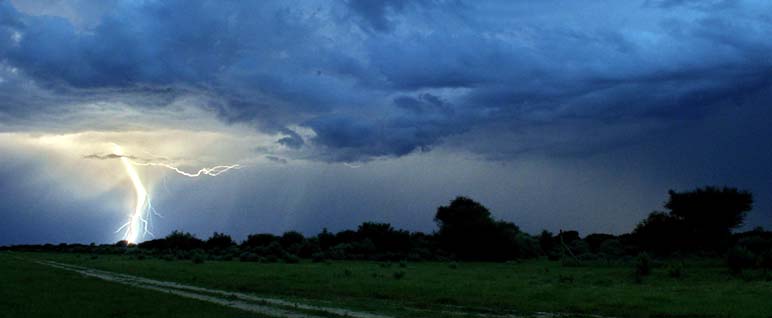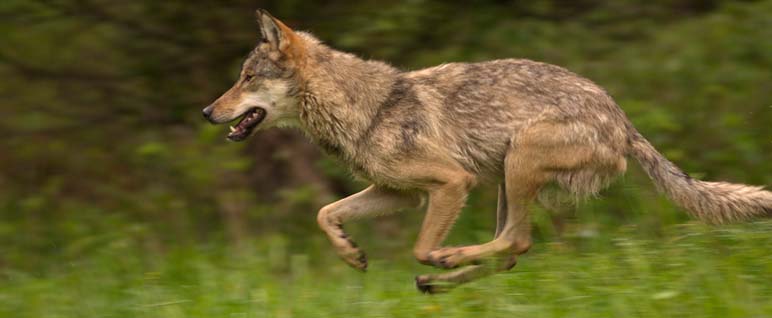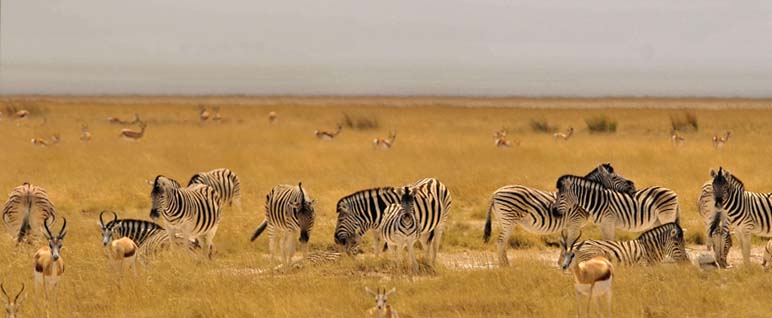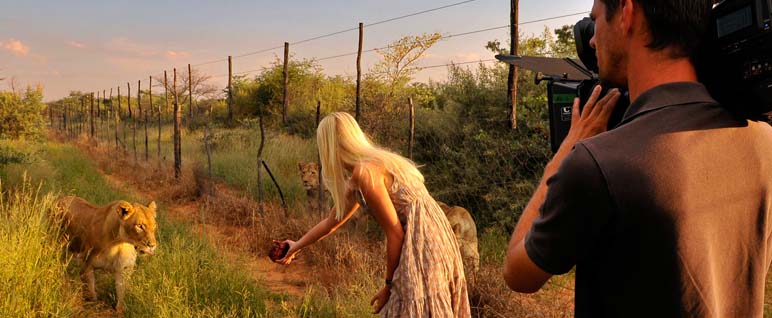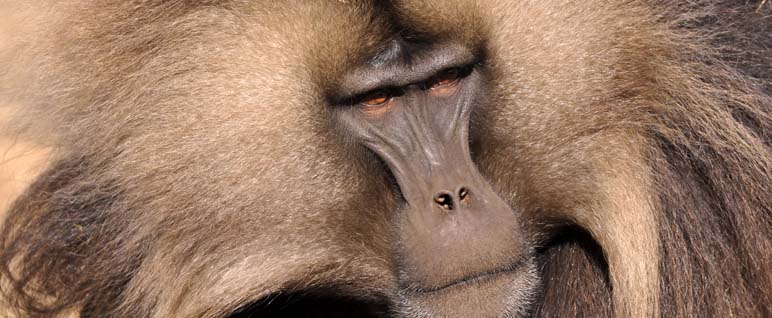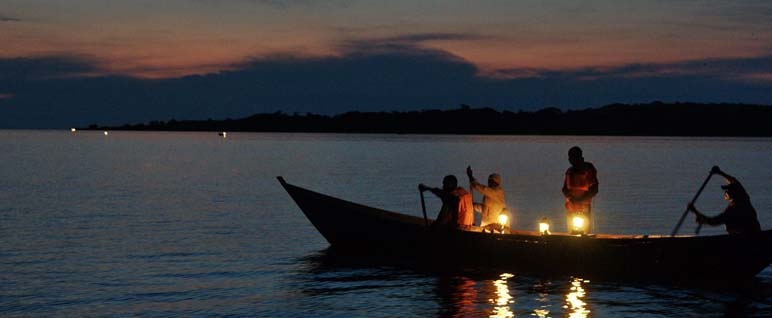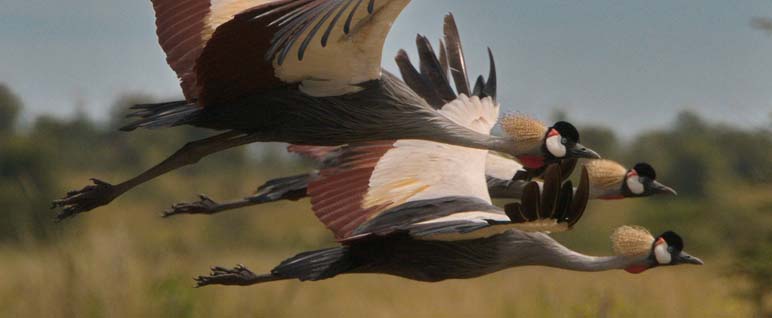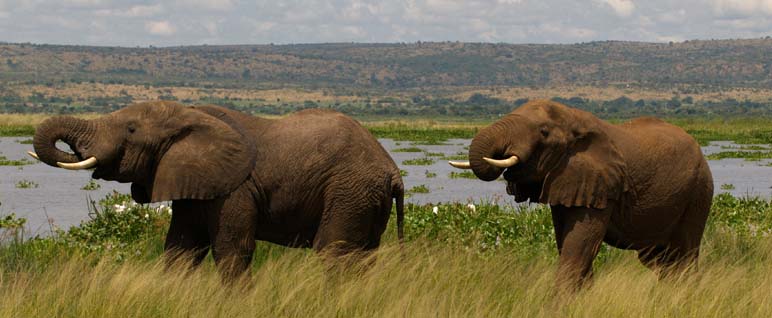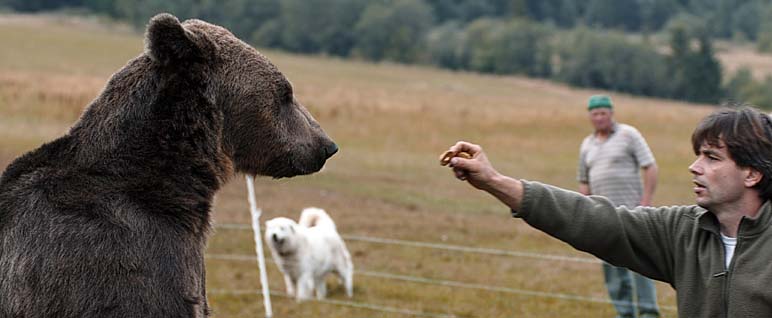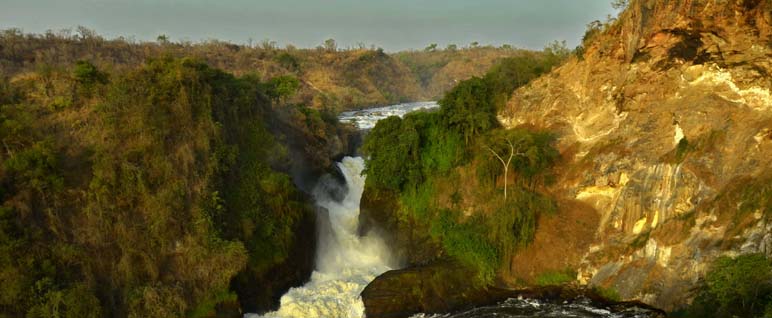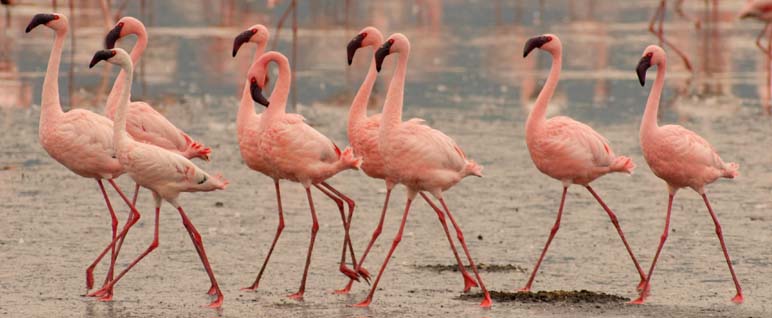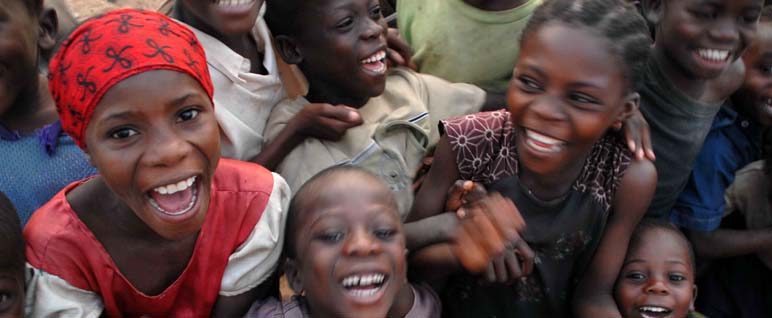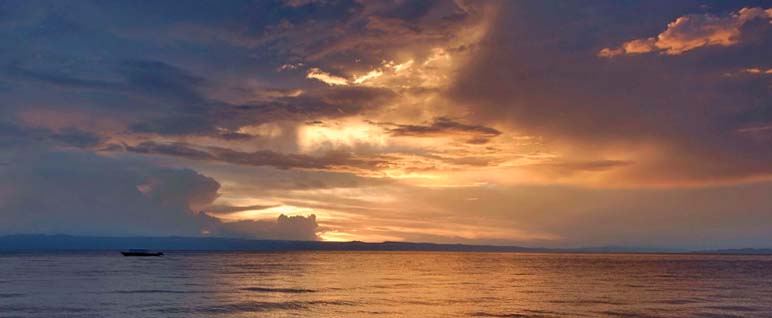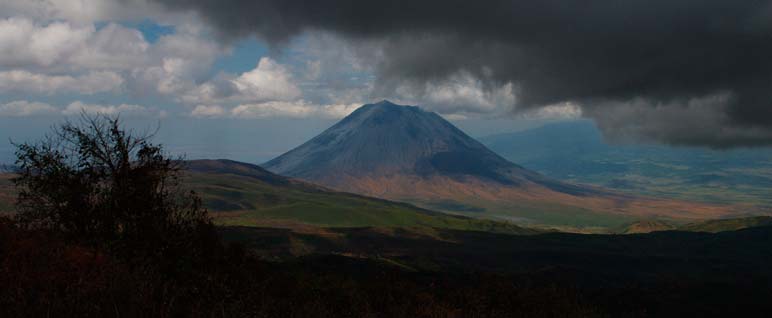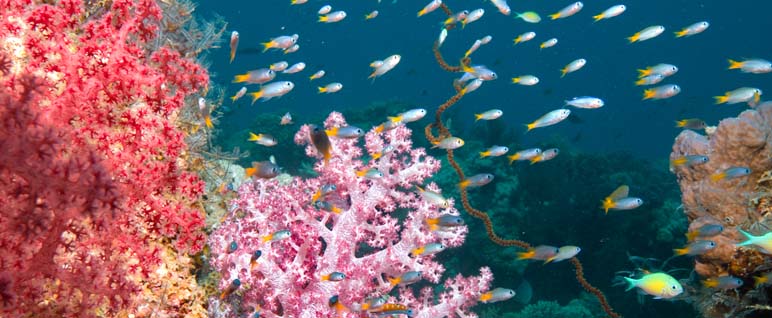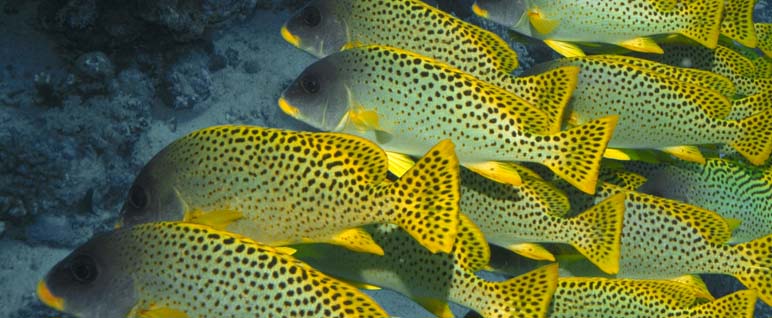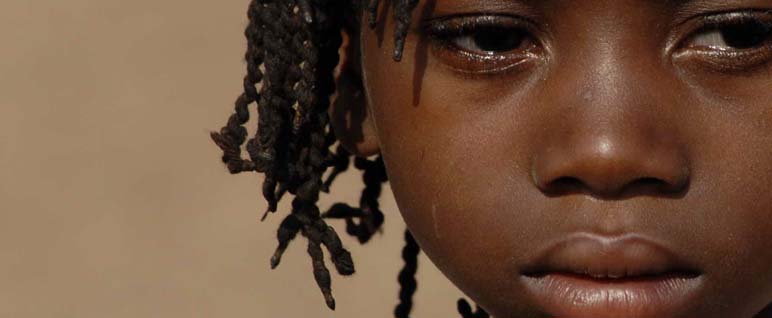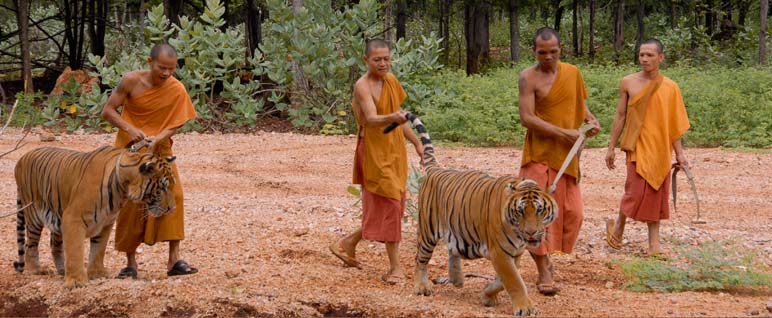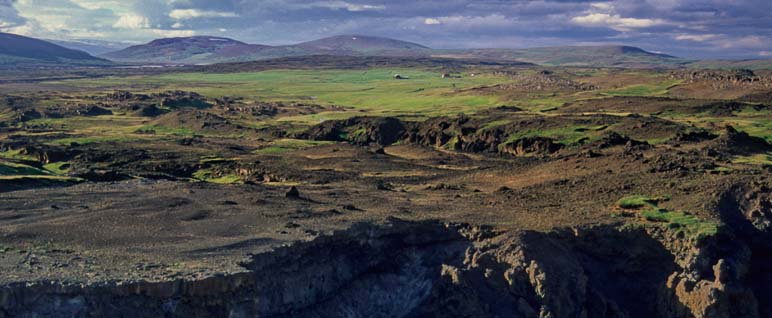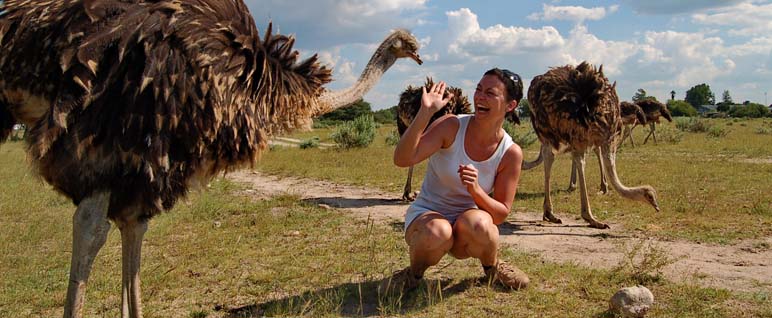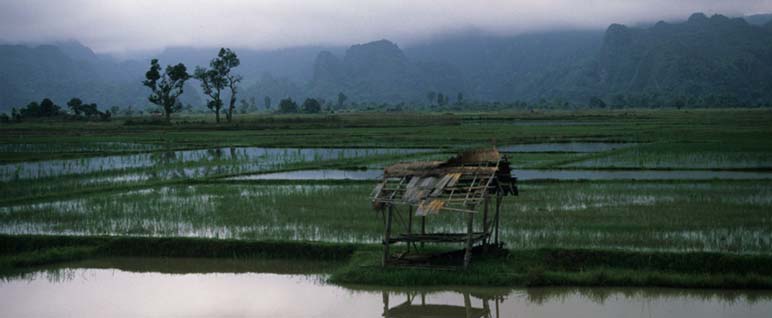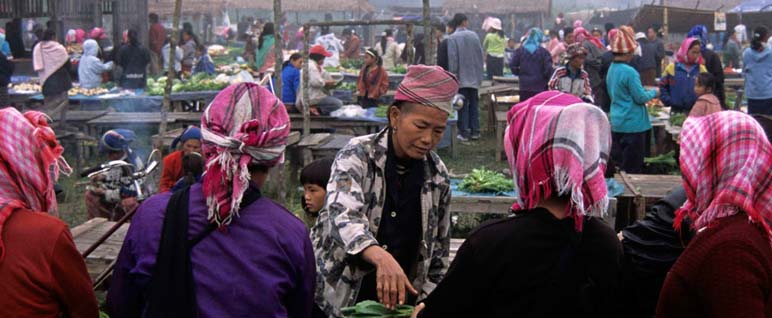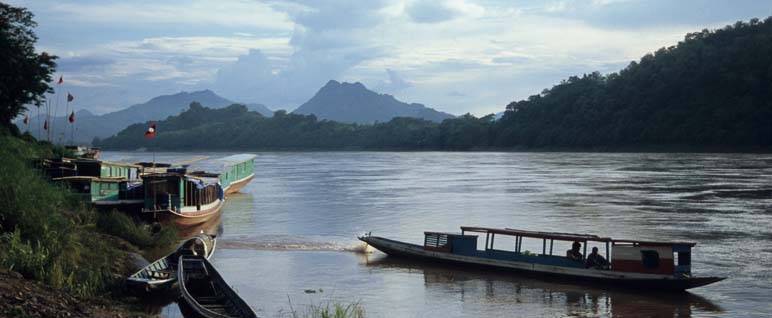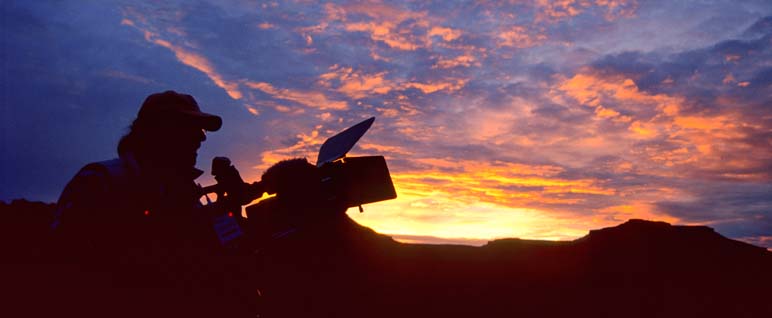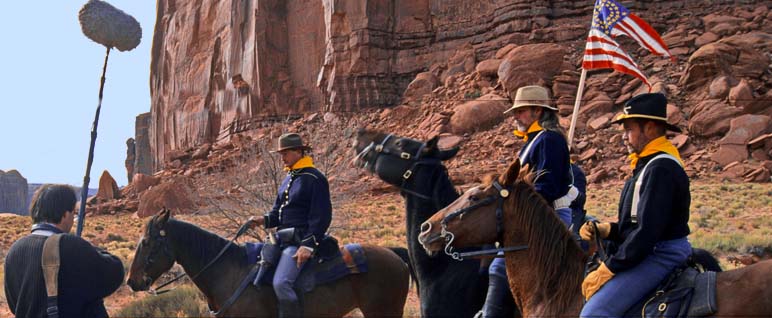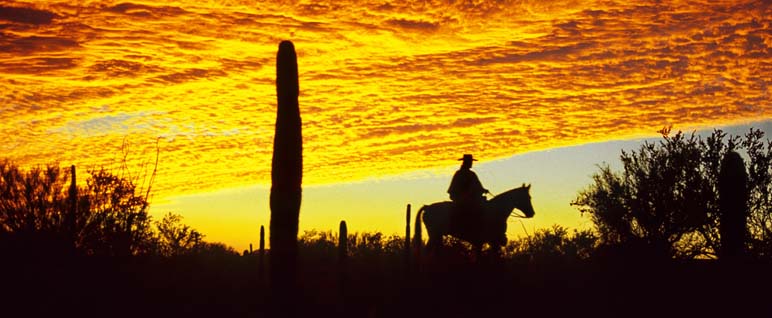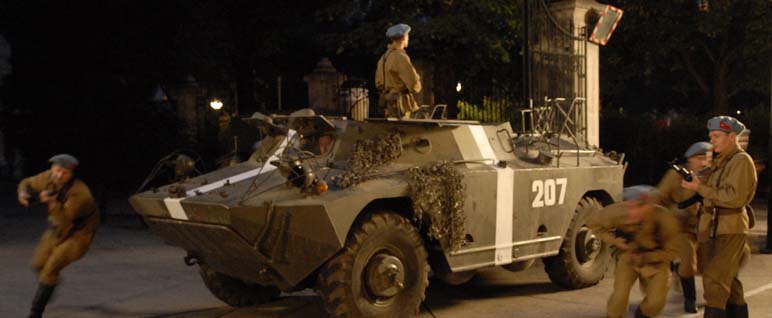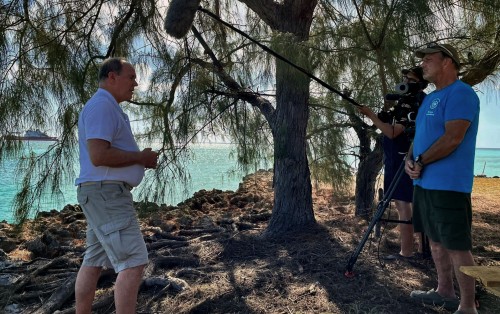 Harald Pokieser conducted an interview with Albert II, Prince of Monaco, on the remote Aldabra Atoll in the Indian Ocean as part of a TV documentary about a two-month research expedition. The expedition is part of the prince’s initiative to support scientific efforts to save the world’s oceans. The research vessel travels between Réunion Island, Mauritius and the Seychelles, carrying dozens of scientists and technicians who evaluate conditions in marine reserves, document the state of important coral reefs and keep a close eye on whale, shark and ray populations.
Harald Pokieser conducted an interview with Albert II, Prince of Monaco, on the remote Aldabra Atoll in the Indian Ocean as part of a TV documentary about a two-month research expedition. The expedition is part of the prince’s initiative to support scientific efforts to save the world’s oceans. The research vessel travels between Réunion Island, Mauritius and the Seychelles, carrying dozens of scientists and technicians who evaluate conditions in marine reserves, document the state of important coral reefs and keep a close eye on whale, shark and ray populations.
The documentary has been commissioned by Munich’s Autentic production company in cooperation with ARTE/ZDF and Monaco TV (MTV), Monaco’s brand-new state-owned broadcaster which launches in 2023.
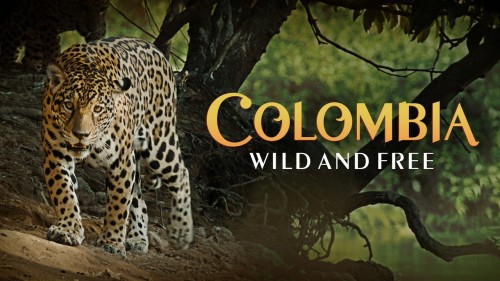 Part 1 (“Two Rivers”) of Harald Pokieser’s two-part Colombia documentary won the Gold Trophy (trophée or) in the category “Seas, Oceans and Water Environments” at the Deauville Green Awards, held in the popular French seaside resort in June 2022. The festival in Deauville focuses on films that deal with ecological and social concerns. Every year, there are more than 500 applicants for the three competitions Spot, Information Film and Documentary. “Colombia – Wild and Free” premiered on 26. November 2021 as part of the Austrian ORF UNIVERSUM series. It was subsequently broadcast on KPBS TV in the USA on 18. May 2022.
Part 1 (“Two Rivers”) of Harald Pokieser’s two-part Colombia documentary won the Gold Trophy (trophée or) in the category “Seas, Oceans and Water Environments” at the Deauville Green Awards, held in the popular French seaside resort in June 2022. The festival in Deauville focuses on films that deal with ecological and social concerns. Every year, there are more than 500 applicants for the three competitions Spot, Information Film and Documentary. “Colombia – Wild and Free” premiered on 26. November 2021 as part of the Austrian ORF UNIVERSUM series. It was subsequently broadcast on KPBS TV in the USA on 18. May 2022.
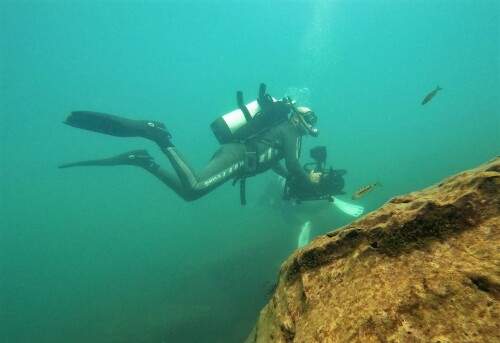 November 2021: Three weeks of filming with the Portuguese camera operator Nuno Sá, one of the world’s greatest underwater cameramen. His work featured in Cosmos Factory’s recent two-part documentary about Colombia. Since then, he has worked for the BBC, Disney and Netflix.
November 2021: Three weeks of filming with the Portuguese camera operator Nuno Sá, one of the world’s greatest underwater cameramen. His work featured in Cosmos Factory’s recent two-part documentary about Colombia. Since then, he has worked for the BBC, Disney and Netflix.
Another member of the team is the Swiss veteran Heinz Büscher, who knows the lake and its innumerable fish species better than most. Joining him is the Austrian professor of zoology and evolutionary biology Christian Sturmbauer, who lectures at the University of Graz’s zoology institute, and his colleague Lukas Zangl. The two Austrians have been researching Lake Tanganyika for twenty years. One of their specialist fields: the evolutionary genetics of the lake’s mouthbrooding Tropheus cichlids.
The production for the celebrated ORF UNIVERSUM documentary series, directed by Harald Pokieser, will wrap in spring of 2022. It will also air in two parts on ARTE, directed by Katalin Hanappi.
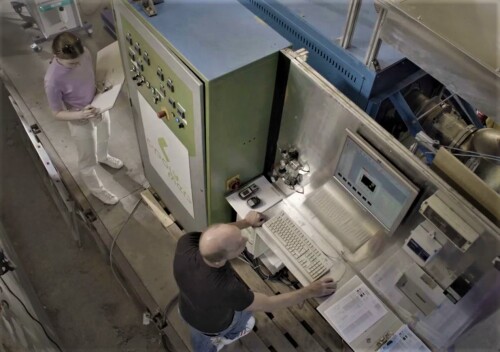 A new technology developed in Austria can extract hydrogen from natural gas without releasing greenhouse gases including carbon dioxide and water vapour into the environment.
A new technology developed in Austria can extract hydrogen from natural gas without releasing greenhouse gases including carbon dioxide and water vapour into the environment.
The process was developed by the Carbotopia Syndicate, established by a group of highly-qualified physicists and chemists.
The short film exploring the process and its benefits for the environment was produced by Cosmos Factory in association with Harald Mittermüller Filmproduktion and was presented at the UN Climate Change Conference COP26 in Glasgow in November 2021.
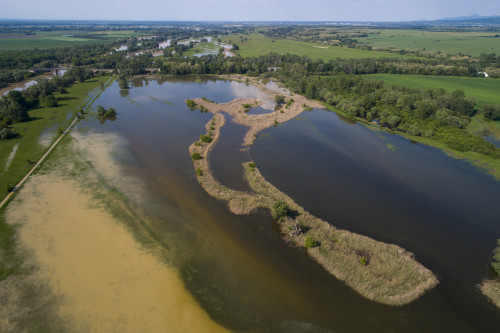 One of the last and most exceptional remaining riparian wildernesses. Particularly in its last 60 kilometres, along the border between Austria and Slovakia, the Morawa river develops a distinctive personality and international significance, forming vast wetlands containing meadows, forests and a wild network of branches and streams. Just a stone’s throw from these wetlands, there are ancient sand dunes on both sides of the border. The animals and plants here thrive in dry, hot and sandy surroundings in which the sky appears to meet the land and the sun and clouds create picturesque landscapes that are reminiscent of the American west. Written and directed by Manfred Christ and Tomáš Hulík. A Terra Mater Factual Studios / Cosmos Factory co-production in association with ARTpoint s.r.o. and rtv:
One of the last and most exceptional remaining riparian wildernesses. Particularly in its last 60 kilometres, along the border between Austria and Slovakia, the Morawa river develops a distinctive personality and international significance, forming vast wetlands containing meadows, forests and a wild network of branches and streams. Just a stone’s throw from these wetlands, there are ancient sand dunes on both sides of the border. The animals and plants here thrive in dry, hot and sandy surroundings in which the sky appears to meet the land and the sun and clouds create picturesque landscapes that are reminiscent of the American west. Written and directed by Manfred Christ and Tomáš Hulík. A Terra Mater Factual Studios / Cosmos Factory co-production in association with ARTpoint s.r.o. and rtv:
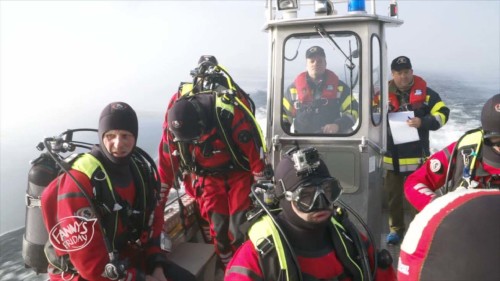 In 2020, for the first time, a major expedition was undertaken by the Liezen district water services to remove waste from the bottom of Lake Altaussee in the Austrian province of Styria. Initiated by the Austrian Federal Forest Office, the expedition took place at water temperatures of just 12 degrees Celsius and brought a lot of information about the comparatively recent past to the surface. Most of the objects were more than fifty years old, dating back to a time before there were waste removal regulations and people simply threw their refuse in the lake or into the forest. The event was captured under water, on land and from the air for the series “Fanny’s Friday” on ORF 1 (10 minutes) and for “Studio 2” on ORF 2 (broadcast date: 16. October 2020). Director: Manfred Christ, DOP: Harald Mittermüller & Thomas Kranabitl, Sound: Hermann Winklhofer, Editing: Alex Schönauer.
In 2020, for the first time, a major expedition was undertaken by the Liezen district water services to remove waste from the bottom of Lake Altaussee in the Austrian province of Styria. Initiated by the Austrian Federal Forest Office, the expedition took place at water temperatures of just 12 degrees Celsius and brought a lot of information about the comparatively recent past to the surface. Most of the objects were more than fifty years old, dating back to a time before there were waste removal regulations and people simply threw their refuse in the lake or into the forest. The event was captured under water, on land and from the air for the series “Fanny’s Friday” on ORF 1 (10 minutes) and for “Studio 2” on ORF 2 (broadcast date: 16. October 2020). Director: Manfred Christ, DOP: Harald Mittermüller & Thomas Kranabitl, Sound: Hermann Winklhofer, Editing: Alex Schönauer.
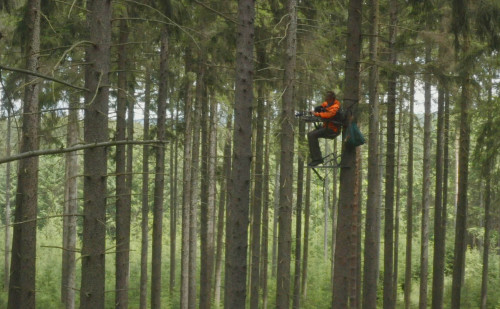 In old-growth forests with a high rate of natural regeneration, hunters are often unable to fulfil their required quota due to a lack of visibility at ground level. In such cases a climbing tree stand can be useful. The hunter can then choose the appropriate height and position. Bernhard Funcke, director of the Waldviertel-Voralpen department of the Austrian Federal Forest Office, explains how to use a climbing tree stand correctly and what to look out for. Duration: 13:30. Commissioned by the Austrian Federal Forest Office. Director: Manfred Christ, Editor: Hermann Winklhofer (August 2020)
In old-growth forests with a high rate of natural regeneration, hunters are often unable to fulfil their required quota due to a lack of visibility at ground level. In such cases a climbing tree stand can be useful. The hunter can then choose the appropriate height and position. Bernhard Funcke, director of the Waldviertel-Voralpen department of the Austrian Federal Forest Office, explains how to use a climbing tree stand correctly and what to look out for. Duration: 13:30. Commissioned by the Austrian Federal Forest Office. Director: Manfred Christ, Editor: Hermann Winklhofer (August 2020)
 The educational streaming platform edutube was launched by Austria’s Federal Ministry of Education, Science and Research and the Austrian Broadcasting Corporation ORF at the end of April 2020 and offers around 800 well-researched and reliable short videos, documentaries and reports. Cosmos Factory was commissioned by the ORF’s Education, Science and Current Affairs Department to produce ten of these clips, which will be used primarily by teachers as part of digital learning efforts. Subjects included the driest spot on earth and the return of the lynx to the causes of lightning and the distinctive saline pools of Austria’s Seewinkel region.
The educational streaming platform edutube was launched by Austria’s Federal Ministry of Education, Science and Research and the Austrian Broadcasting Corporation ORF at the end of April 2020 and offers around 800 well-researched and reliable short videos, documentaries and reports. Cosmos Factory was commissioned by the ORF’s Education, Science and Current Affairs Department to produce ten of these clips, which will be used primarily by teachers as part of digital learning efforts. Subjects included the driest spot on earth and the return of the lynx to the causes of lightning and the distinctive saline pools of Austria’s Seewinkel region.
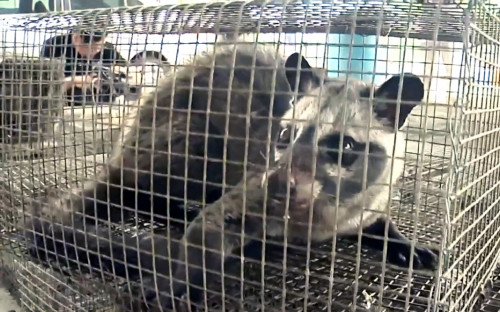 The corona virus responsible for the current pandemic jumped from wild animals to humans. To prevent another catastrophic pandemic in the future, we have to learn more about its origins. So where does the previously unknown virus come from, and exactly how and where was it transmitted to humans? Christian Walzer, Executive Director of the Wildlife Conservation Society in New York City, is currently at the forefront of research and reporting. The cultural anthropologist Clemens Grünbühel has been living and researching in Southeast Asia for 20 years. As an employee of the Stockholm Environment Institute in Bangkok, he deals with the relationship between humans and nature, with wildlife markets and the wildlife trade as a basis for securing livelihoods. The chemist and entrepreneur Zhou Jinfeng is the General Secretary of the NGO ”China Biodiversity Conservation and Green Development Foundation”, which is China’s official arm for nature conservation, environmental protection and for a commitment to sustainable development. Duration: 21 minutes. Produced by Cosmos Factory for ORF Austrian Television (2020).
The corona virus responsible for the current pandemic jumped from wild animals to humans. To prevent another catastrophic pandemic in the future, we have to learn more about its origins. So where does the previously unknown virus come from, and exactly how and where was it transmitted to humans? Christian Walzer, Executive Director of the Wildlife Conservation Society in New York City, is currently at the forefront of research and reporting. The cultural anthropologist Clemens Grünbühel has been living and researching in Southeast Asia for 20 years. As an employee of the Stockholm Environment Institute in Bangkok, he deals with the relationship between humans and nature, with wildlife markets and the wildlife trade as a basis for securing livelihoods. The chemist and entrepreneur Zhou Jinfeng is the General Secretary of the NGO ”China Biodiversity Conservation and Green Development Foundation”, which is China’s official arm for nature conservation, environmental protection and for a commitment to sustainable development. Duration: 21 minutes. Produced by Cosmos Factory for ORF Austrian Television (2020).
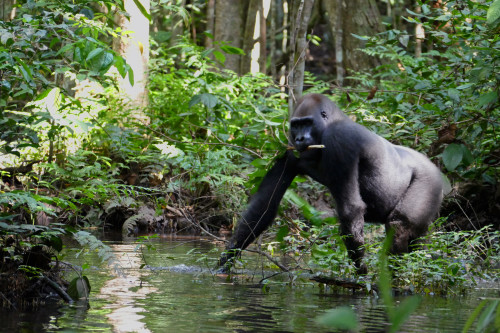 In May and June 2021 our teams are wading through the wild swamps of Gabon, home to a large group of Western lowland gorillas. Scientists from Leipzig’s Max-Planck-Institute for Evolutionary Anthropology have been studying these fascinating primates for years and the gorillas have now become accustomed to the presence of humans. This will allow us to get up close and personal with our cameras, despite the difficulties associated with shooting in knee-deep water. The film is a co-production of Terra Mater Factual Studios with NDR Naturfilm and National Geographic International.
In May and June 2021 our teams are wading through the wild swamps of Gabon, home to a large group of Western lowland gorillas. Scientists from Leipzig’s Max-Planck-Institute for Evolutionary Anthropology have been studying these fascinating primates for years and the gorillas have now become accustomed to the presence of humans. This will allow us to get up close and personal with our cameras, despite the difficulties associated with shooting in knee-deep water. The film is a co-production of Terra Mater Factual Studios with NDR Naturfilm and National Geographic International.
 Harald Pokieser conducted an interview with Albert II, Prince of Monaco, on the remote Aldabra Atoll in the Indian Ocean as part of a TV documentary about a two-month research expedition. The expedition is part of the prince’s initiative to support scientific efforts to save the world’s oceans. The research vessel travels between Réunion Island, Mauritius and the Seychelles, carrying dozens of scientists and technicians who evaluate conditions in marine reserves, document the state of important coral reefs and keep a close eye on whale, shark and ray populations.
Harald Pokieser conducted an interview with Albert II, Prince of Monaco, on the remote Aldabra Atoll in the Indian Ocean as part of a TV documentary about a two-month research expedition. The expedition is part of the prince’s initiative to support scientific efforts to save the world’s oceans. The research vessel travels between Réunion Island, Mauritius and the Seychelles, carrying dozens of scientists and technicians who evaluate conditions in marine reserves, document the state of important coral reefs and keep a close eye on whale, shark and ray populations.

